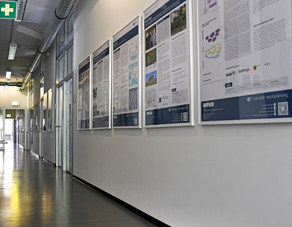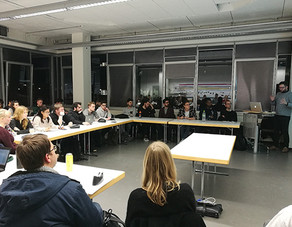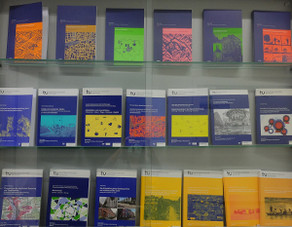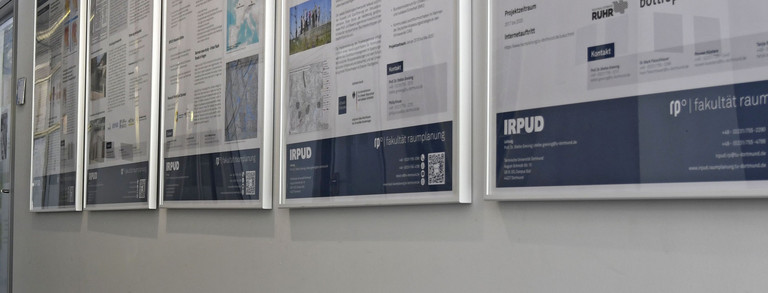RESI-extrem II – Prioritization of measures based on resilience cri-teria
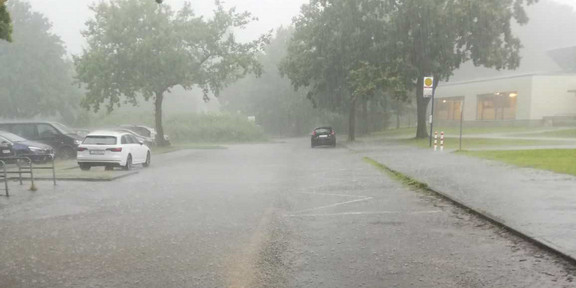
In this first phase of the project, the tool to integrate resilience against heavy rainfalls into urban planning has been developed and is now available at: https://www.project.uni-stuttgart.de/resi-extrem/dokumente/Arbeitshilfe_ISEK_Starkregen_web.pdf
Furthermore, the city of Olfen examined the realization of a ditch (a measure of RESI-extrem I) with the help of a feasibility study. It investigated whether a ditch can work in the flat fields of the Munster region hydrologically and hydraulically. The outcome of the study is positive so the realization of further measures in this regard will be the center of further progesses.
In addition, the planning office agl started to work with the project group. Their tasks consist mainly of networking and communicating the results with the local actors. Particularly the last quarter of the year holds many meetings to structure and combine all tasks.
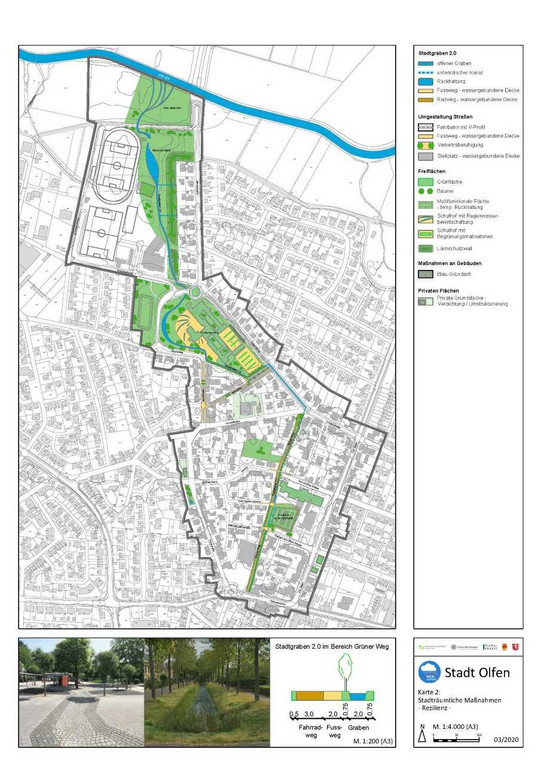
Currently the IRPUD and the IREUS are preparing a questionnaire to prioritize measures regarding resilience against heavy rainfalls. Therefore, it is necessary to link the resilience criteria from RESI-extrem I to practical work in the cities. First, these criteria identify the resilience-building characteristics of measures with varying purposes - for example communication, construction, education. Second, they also form a basis for the prioritization, because knowing which characteristics will be impacted positively is the foundation to choose between realizable measures regarding resilience-building.
With the help of the questionnaire, the effects of the implementation of the measures in the investigated area are to be identified in advance and their contribution to resilience promotion evaluated. In this way, alternative measures can be prioritized based on their resilience-promoting effect.
Further information can be found on the project website: https://www.project.uni-stuttgart.de/resi-extrem/ www.resi-extrem.de



